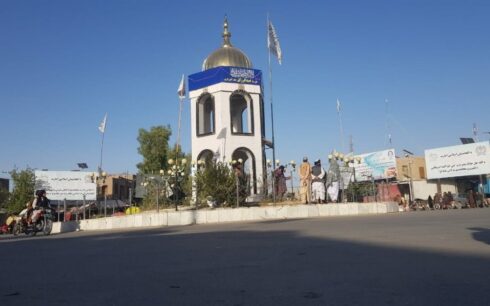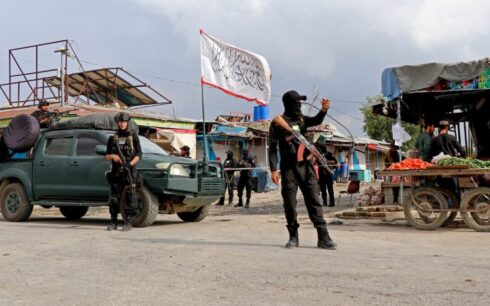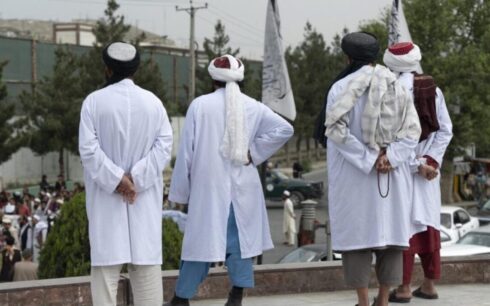The United Nations refugee agency is sounding the alarm over the risk of Afghans perishing in severe winter conditions if they lack proper shelter upon crossing the border from Pakistan.
Nearly half a million Afghans have departed Pakistan since early October, following the announcement by the Islamabad government that it would detain and deport foreigners deemed to be in the country illegally. While the vast majority are from neighboring Afghanistan, Islamabad maintains that the policy does not specifically target any nationality.
The forced returns are adding strain to Afghanistan and aid agencies, which are shouldering the majority of essential services such as healthcare. With freezing temperatures taking hold, conditions at the border remain grim.
The UN refugee agency, in a report released on Friday, cautioned, “Many Afghan returnees are vulnerable, including women and children, who could lose their lives in a harsh winter if left without adequate shelter. People arriving at the border are exhausted and require urgent assistance as well as psychosocial support.”
Families expressed concerns to the agency that colder winter temperatures, especially in mountainous regions, may impede their immediate return home.
The agency conveyed on Sunday, “Many are arriving with illness, such as bronchitis, due to the cold weather and the arduous journey from Pakistan. They may not have all their belongings, including clothing, and therefore be unable to protect themselves from the elements.”
Among those returning are families who have never resided in Afghanistan. Having lived in Pakistan for one or more generations, they may lack homes or extended family to return to. Cash for rent is crucial, and the agency will provide tents to households needing them.
“For those with nowhere to go and limited means, they may stay in camps established near the border,” stated the refugee agency.
A Taliban committee reported distributing essentials such as food, water, SIM cards, clothing, and cash at two key border crossings: Torkham and Spin Boldak. Families are also receiving information about Afghanistan, the Islamic system, temporary living arrangements, registration, and relocation, according to the committee.
However, the harsh temperatures and limited access to clean water and sanitation have resulted in a surge in infectious diseases and malnutrition.
UN Women highlighted additional challenges for Afghan women and girls leaving Pakistan, dealing with Taliban restrictions that may affect their mobility and access to information and services without a male relative. Similar concerns were expressed after October’s deadly earthquakes in Afghanistan’s west.
The agency noted that around 80% of Afghans returning through Torkham and Spin Boldak are women and children. In its latest report, published Friday, it revealed that many women had endured “distressing experiences” in Pakistan, including illegal detention, witnessing family members’ arrests, or returning to Afghanistan alone after being separated from relatives.
Women told UN agencies they felt “compelled” to surrender possessions for transportation, leave all belongings behind, or saw their income taken by Pakistani authorities.
The crackdown has sparked controversy and drawn condemnation from rights groups, the Taliban, aid agencies, and the UN.





